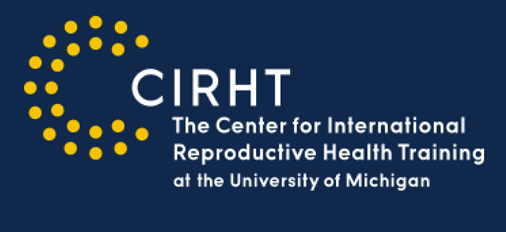Speaker
Description
Background: Family planning is vital for reproductive health, but women with psychiatric disorders face unique access challenges, particularly in low-resource settings. While Chainama Hills Hospital is Zambia's National referral psychiatric facility, little is known about the unique family planning experiences and needs of women attending its outpatient services. Understanding these nuances is essential for developing effective, integrated care. This study aimed to investigate the family planning experiences and needs of women attending psychiatric outpatient care at Chainama Hills Hospital.
Methods: A qualitative interpretive phenomenological study was conducted at the Chainama Hills Hospital psychiatric outpatient department. Participants included ten purposively selected women aged 18- 49 receiving care and seven healthcare providers working within the facility. Data were collected through in-depth, semi-structured interviews using developed guides. All interviews were audio-recorded with consent and transcribed verbatim. Thematic analysis was used to analyze the transcribed data. Ethical clearance was obtained.
Results: Key findings revealed a significant unmet need for accessible, integrated family planning services located within the mental health facility itself. Participants described multiple, intersecting barriers to accessing care externally. Stigma emerged as a dominant theme, with participants expressing fear of judgment or discriminatory attitudes from healthcare providers in general clinics due to their mental health diagnosis. A lack of tailored information and counseling that considered their specific mental health conditions, potential medication interactions, and cognitive challenges was frequently reported. Furthermore, inconsistent availability of preferred contraceptive methods and affordability issues presented practical obstacles. Mental health symptoms were found to directly impact women's ability to consistently use certain methods, influencing a preference towards LARCs among some, while others had differing needs. Though not universally available, support from partners and family emerged as an important facilitator.
Mental health symptoms, such as memory impairment or mood fluctuations, were reported to directly interfere with the ability to consistently use methods requiring daily adherence (e.g., pills), leading some women to express a strong preference for Long-Acting Reversible Contraceptives (LARCs). However, needs varied, with others requiring different options based on their condition, side effect profiles, or personal circumstances.
Conclusions: Women receiving psychiatric care at Chainama Hills Hospital face significant barriers hindering their access to essential family planning services. The findings underscore the need to integrate tailored, stigma-free, comprehensive family planning services within the mental health setting. Achieving this requires training mental health staff in family planning provision sensitive to psychiatric conditions (including counseling on LARCs and managing side effects alongside psychotropic medications), policy changes to support integrated care models, and ensuring consistent contraceptive availability at the point of psychiatric care. Addressing these factors is crucial for improving the reproductive health outcomes for this vulnerable population.


